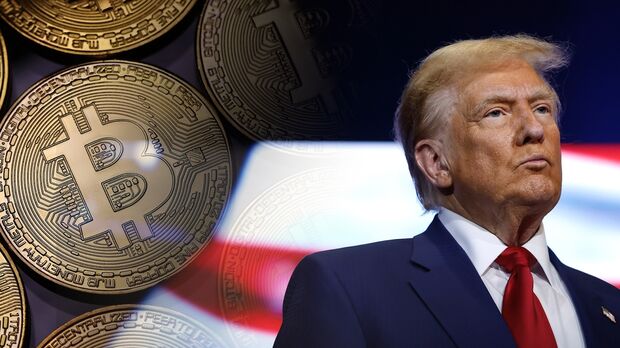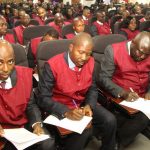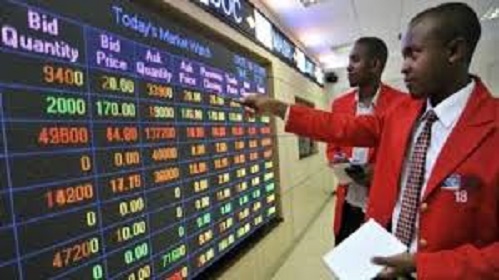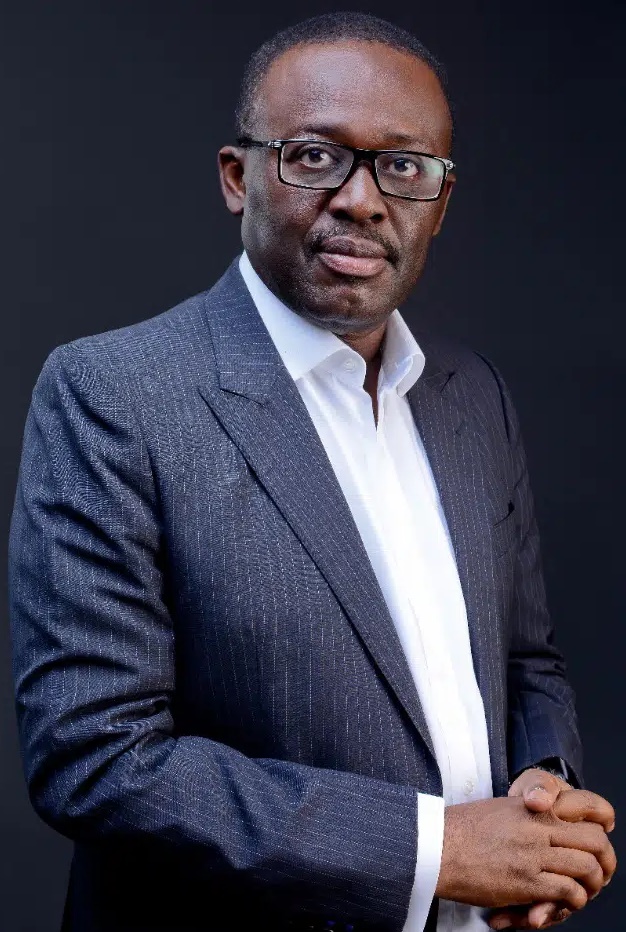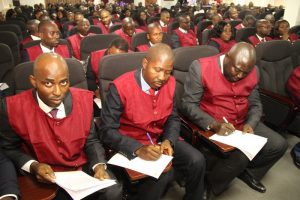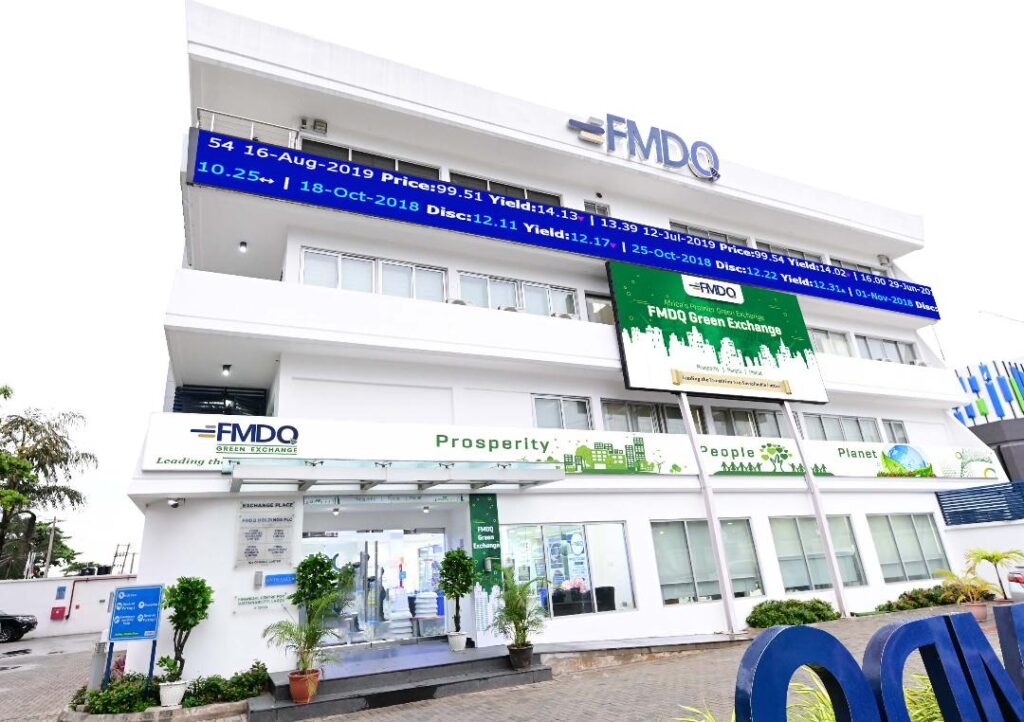
By Victor Ogiemwonyi
Marketconversations.substack.com
The Central Bank of Nigeria (CBN) recently issued a notice, that from November, it will take over the platform for trading Fixed Income and Government Securities.
This business is currently handled by the FMDQ (Financial Markets Dealers Association Quotations), a securities exchange platform where dealers buy and sell these securities. Essentially, the CBN is taking this market away from the FMDQ.
The CBN claims it wants a more transparent approach. However, the specifics of what FMDQ Securities was doing wrong are not publicly known. My plea is for both parties to have a mature conversation to agree on rules going forward, implement necessary corrections, and return the business to its proper home. The CBN is not an Exchange; it should not be involved in the business of issuing, dealing, and settling securities. This involvement could actually create the lack of transparency the exact same problem the CBN is trying to avoid. Market participants want a third-party Exchange to mediate between issuers and settlement.
The undisputed fact is this: these are trading securities. They fall strictly under the purview of the Securities and Exchange Commission (SEC). The CBN has no jurisdiction here. These securities are registered with the SEC and trade on a SEC-registered Exchange. The roles are clear: FMDQ Securities Exchange trades and allots these securities, and the CBN settles all transactions via a book entry format. This allows investors to have immediate value when buying and selling.
These distinct roles should not be mixed. Conflating them creates unnecessary risk that the market should avoid. The CBN has no need to control this market.
The independent FMDQ infrastructure is a welcome addition to our financial market. FMDQ functions much like TRACE (Trading and Compliance Reporting Engine) of FINRA, the US Securities Dealers Association. As long as these are market securities, they must be traded on a registered Exchange where dealers and investors interact. The CBN should simply fulfill its role of final settlement. If the CBN wants to make inputs, it should sort that out with the SEC.
FMDQ is a strong part of our financial market infrastructure. Credit goes to those who made it possible, especially the CBN, which saw the need, encouraged its creation, and even provided a startup grant. FMDQ should now transition into a demutualized Exchange like the NGX. It should become another strong competitor and an alternative trading exchange for our securities market. It should be listed, and its shares should be made available for the investing public to buy and sell just like the NGX.
The SEC has been slow to act. Perhaps it is in talks with the CBN to resolve this amicably, and its silence is reminiscent of the first banking consolidation years ago. At that time the CBN imposed upon itself the task of verifying the capital raised by the banks from the market. There was never any public information about the result of that exercise.
That exercise only disrupted our issuing timetable. It allowed unscrupulous bank managements to cheat investors. It stretched the usual issuing period—typically six to eight weeks, with a possible two-week extension—to up to six months for some banks. These banks used the undefined period, claiming they were waiting for CBN verification.
Some banks took advantage to manipulate the process. For instance, a particular bank was guilty, as the management first pushed its share price too high by buying existing shares from the market, thereby creating artificially scarcity, using its Nigerian subsidiary’s depositors funds. When the new share issuance programme failed, more of the local Nigerian depositors’ fund was used to buy up the unsubscribed shares.
This fraudulent activity artificially created scarcity ahead of the new issue, allowing the bank to issue new shares at an inflated price. However, because the market was wiser, investors did not fall for the bait to buy the shares enough to enable the bank meet the 25% minimum subscription threshold for approval by the Securities & Exchange Commission (SEC Nigeria). The board and management, therefore, bought some of the unsubscribed shares, pushing the subscription level to 30%.
When the stock was eventually listed, this bank was the first to start selling shares it had purchase as it was under intense pressure to return deposits back to the local depositors.
Naturally, the resultant huge supply of shares depressed the price from the issuance price of N38 to a mere N8 each within just six months. Since then, the stock has never traded at N38 per share over the last 23 years.
This was the magnitude of the fraud perpetrated and people got away with unpunished, even as investors never recovered from their losses, just as the bank even had to make a provision of $22 million for the losses, resulting from these unholy activities which was reported cunningly in its 2013 financial statements as “other Nigerian Legacy Assets.”
(Expect more on this, is my forthcoming book, CASINO BANKING: The 2009 Stock Market Crisis in Nigeria.)
It is vital for the CBN to avoid decisions that may result in unintended consequences. Markets are fragile. Anything that undermines trust in the system can easily unravel things we do not expect and trigger unexpected risks.
SEC Nigeria must stand up and defend its statutory responsibility and jurisdiction. When every stakeholder fulfills his/her role well the market becomes efficient for all. One would believe that the CBN has enough on its plate already, and should focus on its primary duties rather than engaging in activities capable of undermining market confidence, and triggering unnecessary risks that will impact the economy negatively in the medium to long-term.
Victor Ogiemwonyi is a retired Investment Banker and writes from Ikoyi, Lagos.


